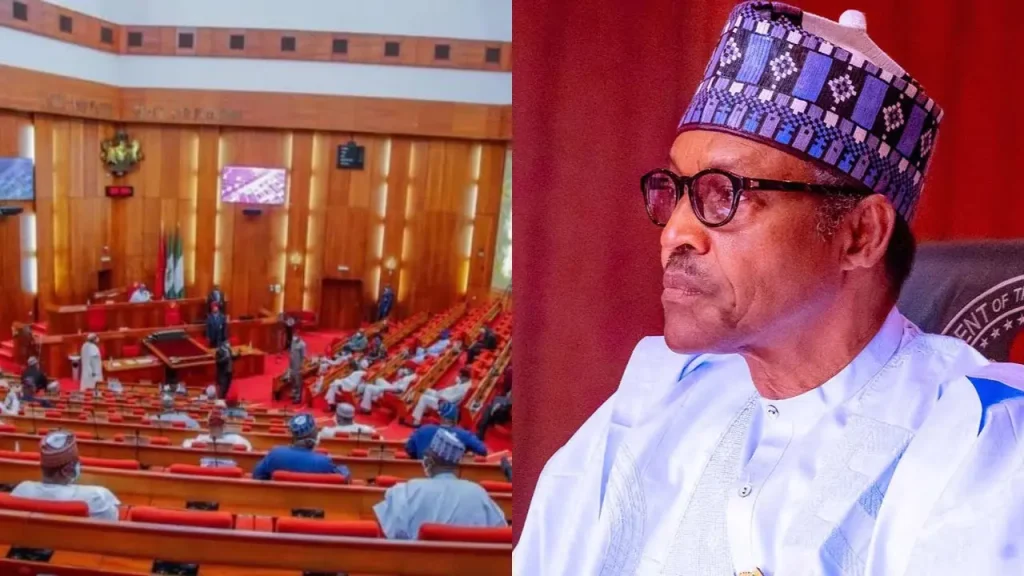The political permutations in the Peoples Democratic Party (PDP) narrowed at the weekend after President Muhammadu Buhari declined assent to the Electoral Act amendment. The decision excludes statutory delegates—such as serving and former governors, lawmakers, and the president—from voting, leaving only an estimated 811 delegates to elect the party’s presidential candidate.
Breakdown of Eligible Delegates
According to the PDP’s National Organizing Secretary, Umar Bature, only three ad hoc delegates per ward, elected at ward congresses, alongside one national delegate per local government, will be eligible. This results in:
- 774 national delegates (one per local government)
- 37 special delegates (persons with disabilities from the 36 states and the FCT)
Boost for Saraki, Wike, and Tambuwal
The new arrangement appears to favor candidates such as Senator Bukola Saraki, Governor Nyesom Wike, and Governor Aminu Tambuwal. Saraki has gained the endorsement of the North-Central zone and is working to expand influence in Zamfara and Kano. Wike has consolidated his base in the South-South and secured backing from Kano PDP, while Tambuwal benefits from the Northwest’s large delegate pool, though faces competition from both Wike and Saraki.
Southeast Aspirants Face Setback
The Southeast, with only 95 national delegates, faces a major disadvantage. Aspirants Peter Obi, Anyim Pius Anyim, and Sam Ohuabunwa are forced to share limited numbers, reducing their chances of making a significant impact. This development has been described as “catastrophic” for the region’s presidential hopefuls.
Atiku’s Challenges in the Northeast
Former Vice President Atiku Abubakar remains formidable nationally but faces stiff competition in the Northeast, where he must contend with Bauchi State Governor Bala Mohammed for the region’s 112 delegates. His prospects are further weakened by the lack of open support from governors outside his home state, Adamawa.
Southwest Emerges as Battleground
The Southwest, despite having only one aspirant—former Governor Ayo Fayose—has become highly contested. Saraki, Wike, and Atiku are all vying for influence through political allies and family ties.
Wike is boosted by Governor Seyi Makinde’s support in Oyo, Saraki leverages roots in Ondo and Osun with backing from Senator Ademola Adeleke, while Atiku battles to retain influence in Osun, where Saraki is gaining ground.
Tambuwal’s Renewed Confidence
Tambuwal’s campaign has been reinvigorated by the new delegate system, with his allies emphasizing the Northwest’s superior numbers. However, he faces resistance in Kebbi, Jigawa, and Katsina, where Saraki and Wike are actively making inroads. Past grievances between Tambuwal and Southwest PDP leaders over his emergence as House Speaker in 2011 also complicate his chances in the region.






